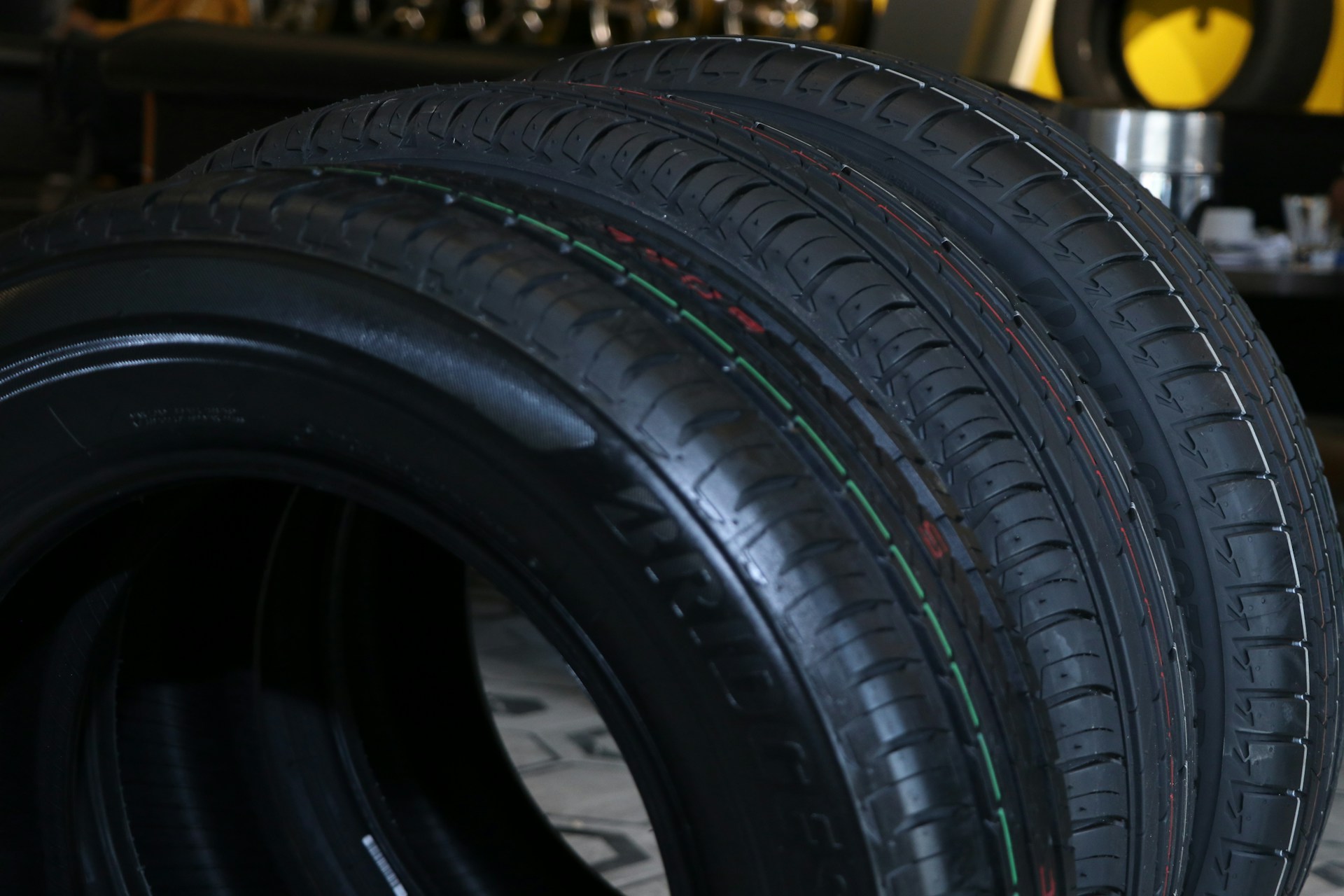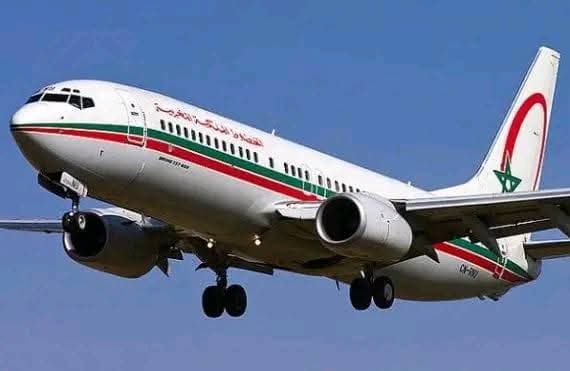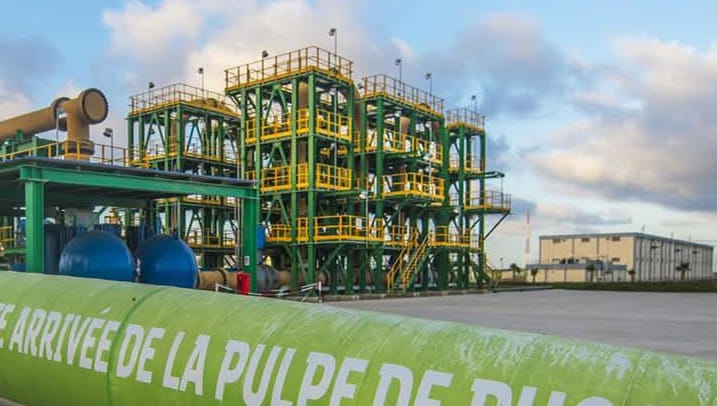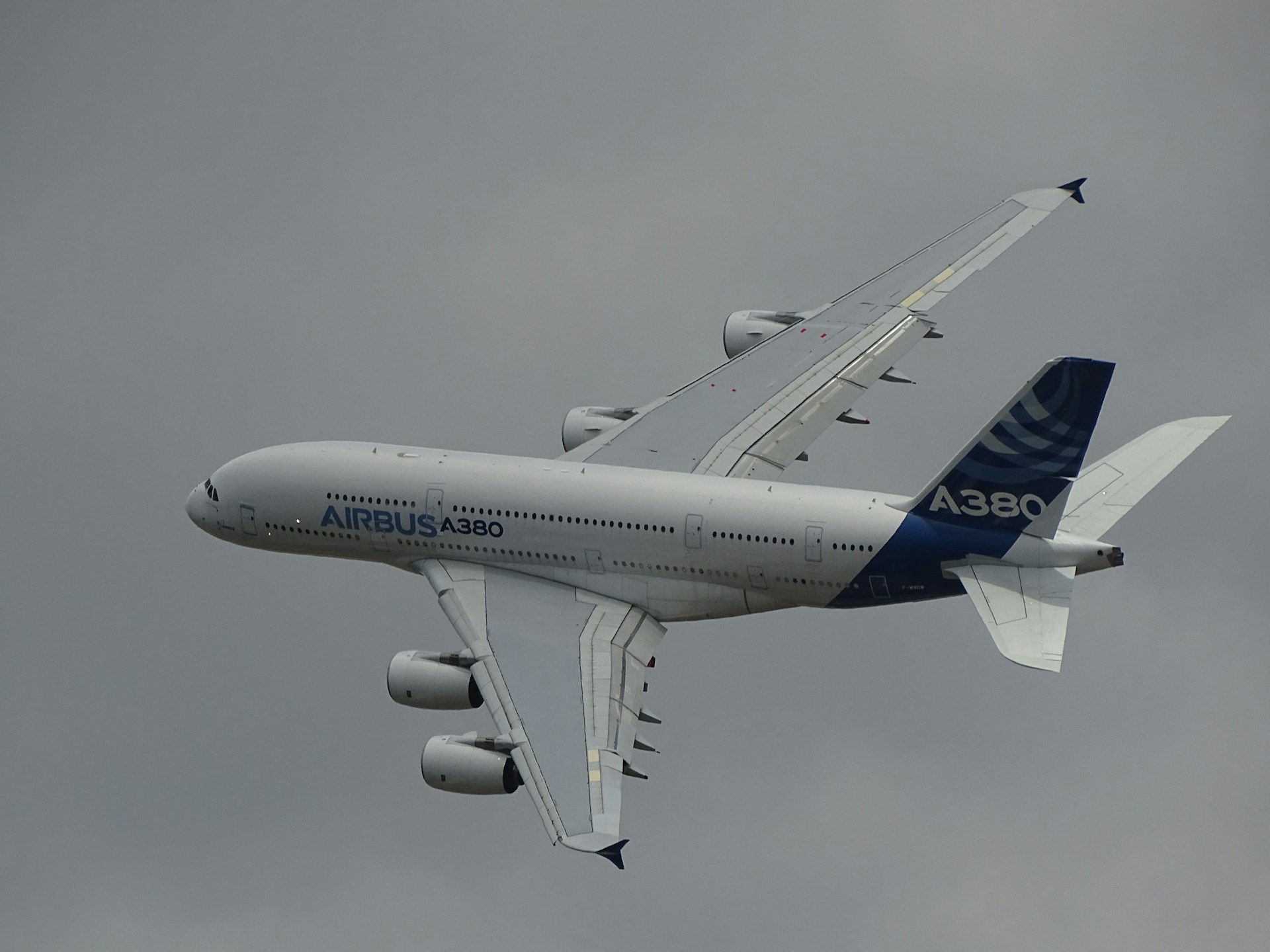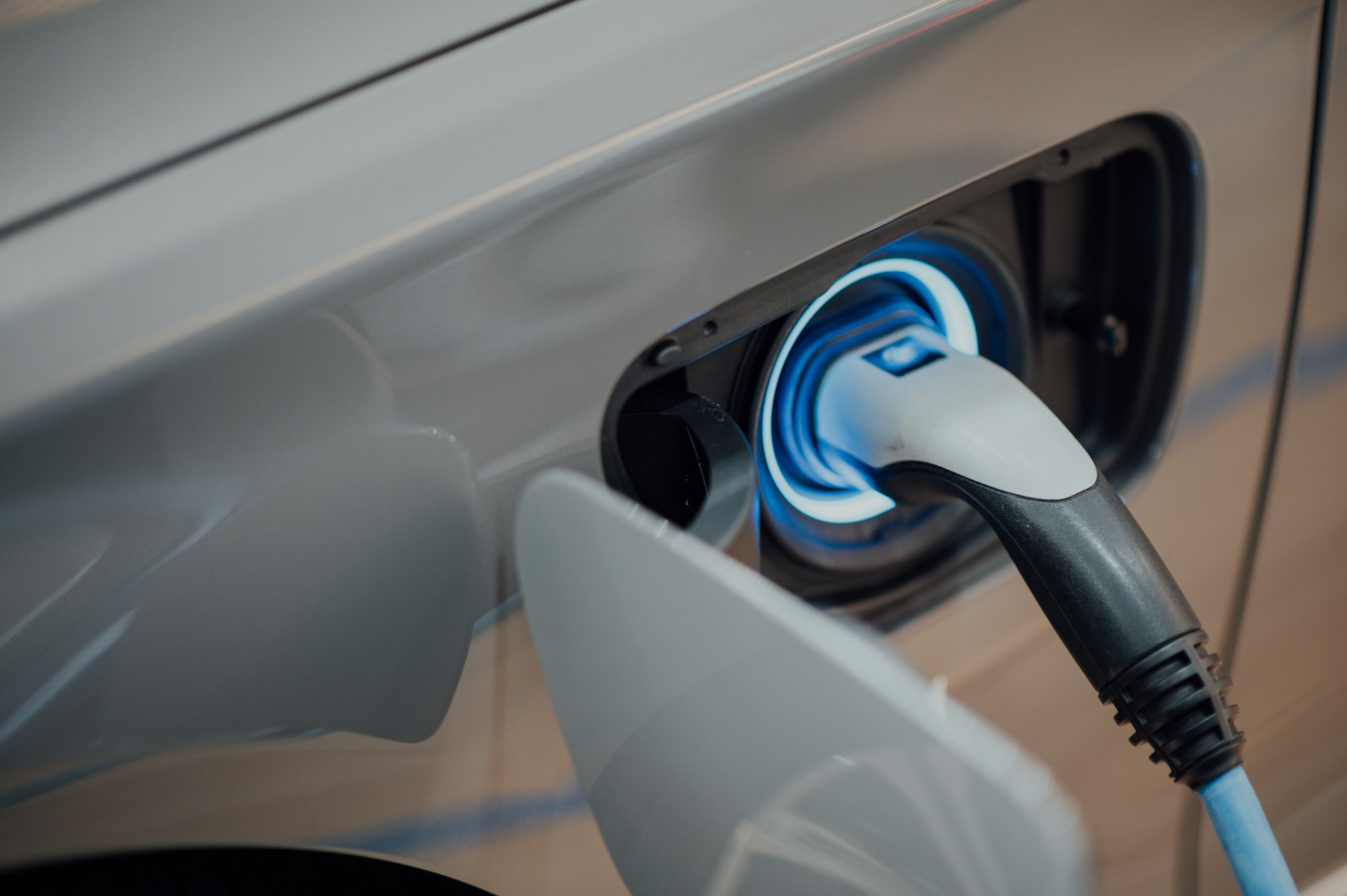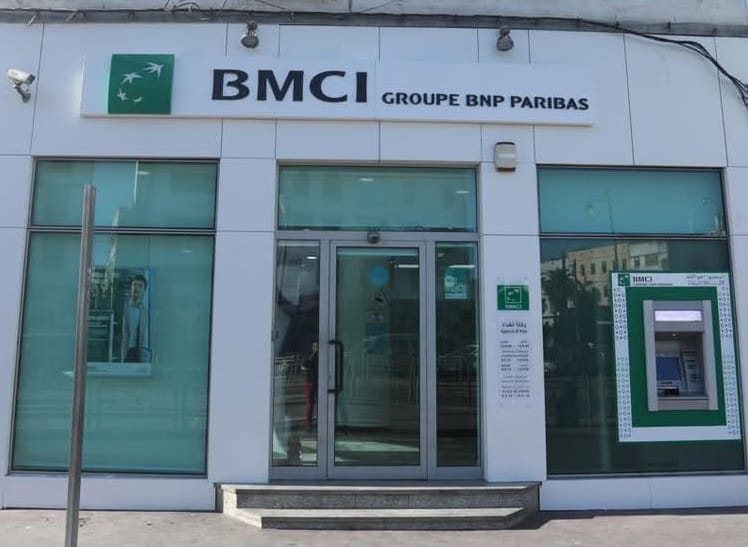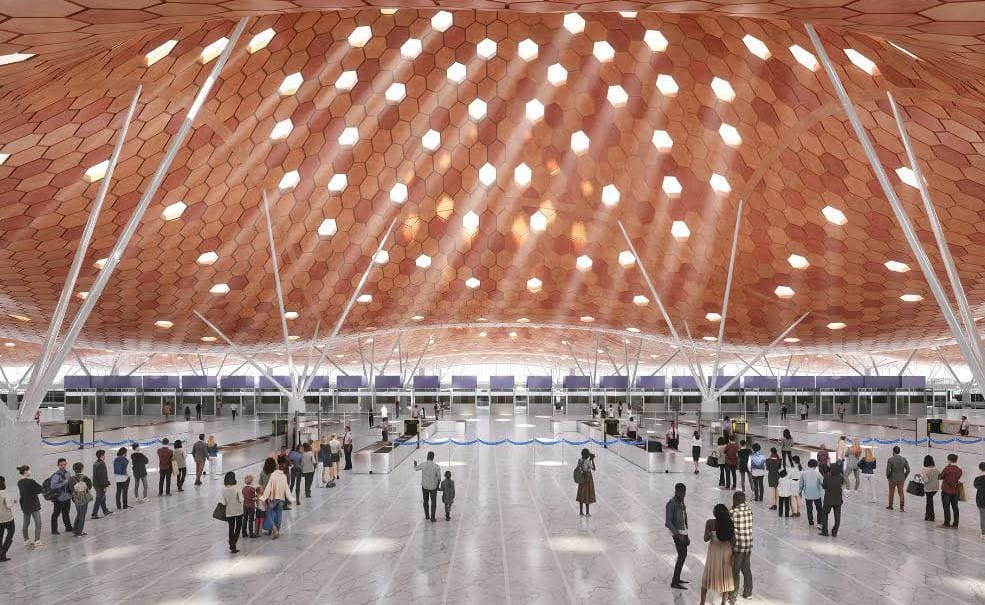Casablanca – In a strategic realignment of its global operations, Chinese tire manufacturer Sentury Tire has officially withdrawn from a planned $537 million industrial project in Spain, choosing instead to expand its manufacturing footprint in Morocco. The decision follows prolonged regulatory delays in Spain and reflects growing investor confidence in Morocco’s business climate.
Founded in 2009, Sentury Tire is one of China’s leading tire producers, manufacturing both passenger car and aircraft tires under brands such as Landsail and Delinte. Listed on the Shenzhen Stock Exchange, the company distributes its products in over 150 countries and has made international expansion a key pillar of its growth strategy.
The now-cancelled Spanish project was intended to establish a major production plant in As Pontes, Galicia, with an annual output of 12 million tires. However, the project faced persistent obstacles, particularly regarding environmental permit approvals. As a result, the company terminated the initiative and redirected its investment to Morocco, where it had already launched operations in 2023.
The Tangier-based plant, located in the Tangier Automotive City industrial zone, began operating in September 2023. Citing high operational performance and a favorable local environment, Sentury Tire has announced an additional investment of $386 million in 2024 to expand the Moroccan facility. This will bring its total production capacity to the same level originally envisioned for Spain: 12 million tires annually.
In its financial disclosures, the company cited several reasons for prioritizing Morocco: streamlined administrative processes, competitive labor costs, advanced infrastructure, and a stable economic and political environment. A decisive factor was Morocco’s free trade agreement with the United States. While U.S. tariffs on European-made tires remain at 25%, Moroccan exports are subject to a significantly lower 10% duty, offering a critical cost advantage for accessing North American markets.
Global manufacturers are increasingly taking note of such trade dynamics. Investment analysts have observed that U.S. tariff policies, particularly those introduced by the Trump administration, continue to shape long-term supply chain strategies. In this context, Morocco is emerging as a key node for export-driven industries.
Financially, Sentury Tire has already begun to reap the rewards of this strategic pivot. The company reported 2024 revenues of over $1.07 billion—an 8.5% increase over the previous year—alongside a sharp 59% rise in net profits, reaching $283 million. The Tangier facility alone contributed to a 10.2% boost in annual production, validating the investment decision.
The expansion is expected to have a positive impact on Morocco’s economy by creating jobs, enhancing export volumes, and facilitating knowledge and technology transfer. It also reinforces the country’s positioning as a competitive industrial and automotive hub on the global stage.
Meanwhile, Spain’s loss of the project has sparked concern among local officials and industry observers, who point to the challenges posed by bureaucratic and environmental certification processes. As investment flows shift in response to regulatory agility and trade advantages, Morocco is increasingly being viewed as a reliable alternative to more traditional industrial destinations.






